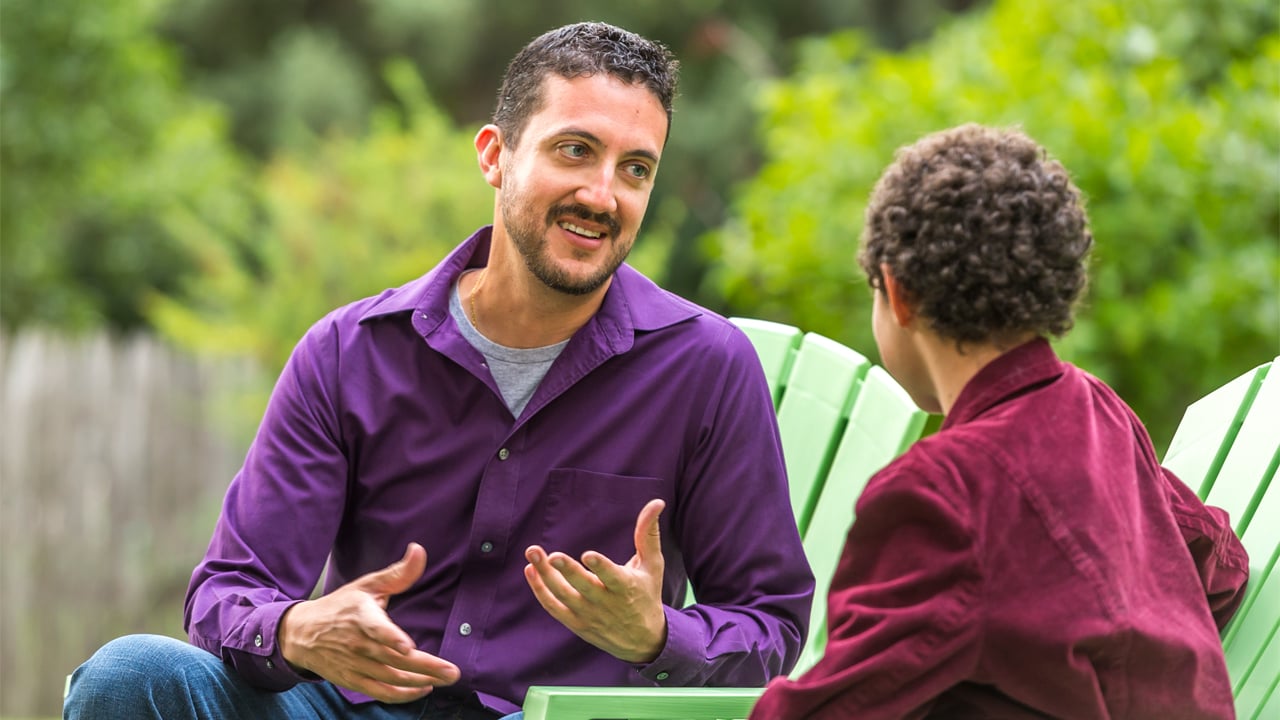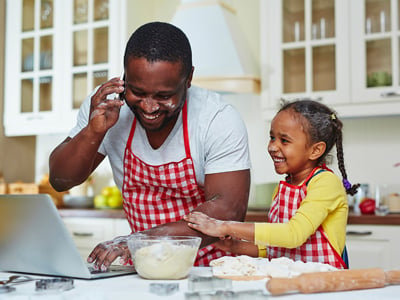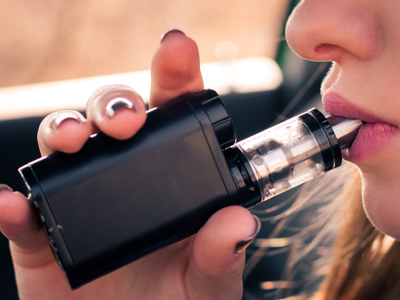- Doctors & Departments
-
Conditions & Advice
- Overview
- Conditions and Symptoms
- Symptom Checker
- Parent Resources
- The Connection Journey
- Calm A Crying Baby
- Sports Articles
- Dosage Tables
- Baby Guide
-
Your Visit
- Overview
- Prepare for Your Visit
- Your Overnight Stay
- Send a Cheer Card
- Family and Patient Resources
- Patient Cost Estimate
- Insurance and Financial Resources
- Online Bill Pay
- Medical Records
- Policies and Procedures
- We Ask Because We Care
Click to find the locations nearest youFind locations by region
See all locations -
Community
- Overview
- Addressing the Youth Mental Health Crisis
- Calendar of Events
- Child Health Advocacy
- Community Health
- Community Partners
- Corporate Relations
- Global Health
- Patient Advocacy
- Patient Stories
- Pediatric Affiliations
- Support Children’s Colorado
- Specialty Outreach Clinics
Your Support Matters
Upcoming Events
Mental Health Town Hall
Tuesday, April 23, 2024Join Children’s Hospital Colorado pediatric experts for a virtual...
-
Research & Innovation
- Overview
- Clinical Trials
- Q: Pediatric Health Advances
- Discoveries and Milestones
- Training and Internships
- Academic Affiliation
- Investigator Resources
- Funding Opportunities
- Center For Innovation
- Support Our Research
- Research Areas

It starts with a Q:
For the latest cutting-edge research, innovative collaborations and remarkable discoveries in child health, read stories from across all our areas of study in Q: Advances and Answers in Pediatric Health.


Teens and Drug Use: How to Talk About Substance Use with Your Teen

Discussing and understanding exposure to things like drugs and alcohol, including marijuana, vapes and other substances, is a reality of parenting kids in their pre-teen and teen years. And while we know that some kids can face challenges that put them at a higher risk for substance misuse, such as mental health conditions and identifying as LGBTQ+, it’s important for every parent to be prepared to talk with their kids about substance use and to create a safe environment to have those conversations.
We’ve compiled information from child and adolescent psychiatrist and addiction expert Jesse Hinckley, MD, PhD, in our Pediatric Mental Health Institute to help you talk to your child as they navigate decisions around substance use.
Creating the right environment for talking to your child about drugs and alcohol
“What you want is to start creating an environment in which kids are able to have conversations with you where they don't feel judged — they feel supported,” Dr. Hinckley says. “Because if your kid can't talk to you about the little stuff, they're not going to talk to you about, ‘I was at a party last night and someone gave me a blunt and I smoked it.’”
Dr. Hinckley says it’s all about avoiding what he calls “empathy busters,” such as:
- Lecturing
- Judging
- Giving unsolicited advice
- Minimizing
So, if you catch a kid with a vape pen, instead of jumping to consequences or anger, Dr. Hinckley recommends taking a step back and focusing on your kid’s immediate safety to create space to understand their point of view.
To do this, he says, caregivers should think through what they might say in this situation well before it arises.
“It's really difficult to parent from a reactionary standpoint, so think through how you would approach this ahead of time. I think a lot of it is about sitting them down and trying to understand why they made the choice that they made,” he says. “Don't worry about giving them consequences in the moment. There's time to get back to that. But if things are impulsive, it's going to turn into a fight. And you'd rather have your kid call you if they're in a bad spot than try and solve it on their own.
Starting the conversation about teen substance use
Though experimentation with substances reaches higher levels in high school, kids can start experimenting as early as middle school, so it’s never too early to start planting the seeds of communication around drug use. For example, middle school is a great time to let your kid know that regardless of the circumstances, you’ll always help them get home safely and to ask them what they might do if offered marijuana or alcohol.
Hinckley suggests creating an ongoing dialogue with your kid by asking them about their goals, getting to know their friend group and how they pass time, asking about hobbies and the kinds of things they might be struggling with, and discussing how drugs might affect these different aspects of their lives.
One of the most important aspects of starting the conversation though, Hinckley says, is making room for your child’s voice and experiences.
“Give your kids space to speak,” he says. “If they don't feel like they can speak, if they feel like every time they try and say something, you're going to judge them or you're going to lecture them, they're just not going to talk.”
If you find out your child is struggling with something, whether that be stress, depression, gender, sexual identity or something else, it’s important to try to get them help sooner rather than later to minimize the risk of substance use.
Substance use warning signs to watch out for
Kids sometimes try to hide substance use, making it difficult for parents to identify and address. However, there are several things that may be warning signs:
- Changes in behavior that are a little bit difficult to understand
- Sneaking out at night
- Difficulty sleeping
- Struggling in school or not going to school
- Changes in peer group
- Not going to work
- Not doing the things they used to do
These may be warning signs that something has shifted in your child’s life that warrants a conversation, but they don’t necessarily mean that substances are involved. Think of these as a new reason to focus on building that thoughtful, communicative environment.
Risks of fentanyl and counterfeit pills
One increasing concern parents should watch out for related to substance use is the increased presence of fentanyl on the market. Fentanyl overdoses are growing in number, and it seems to even be present in some illegally purchased marijuana, in addition to some drugs purchased online. Hinckley shared two practical tips that can help you and your child navigate this changing landscape.
- If your kid is using marijuana, talk to them about only using marijuana from safe, trusted sources. Because marijuana is one of the more commonly used drugs, it’s especially important that they know where it is coming from. Share with them the dangers of purchasing or using marijuana from unknown sources.
- If your kid is at a higher risk for overdosing, has a history of overdosing or a history within their friend group of overdosing, ask your doctor to prescribe Narcan for you to carry. Narcan is a nasal medication that can reverse the effects of overdose and give emergency responders precious time. This is typically available through pediatricians or other doctors.
What to do when you need help
Sometimes, despite your best efforts, your kid needs outside help to confront substance misuse. That's when bringing in other trusted adults can be helpful. Whether that's an uncle, teacher, family friend or religious leader, it can be valuable for someone a bit more distant from the situation to have a conversation with them. Finding substance use help for teens could also include seeking professional help through the pediatrician's office, a psychiatrist or a mental health counselor. Use your network of resources to try and find ways to connect your kid to the help they need.
Other resources:



 720-777-0123
720-777-0123






